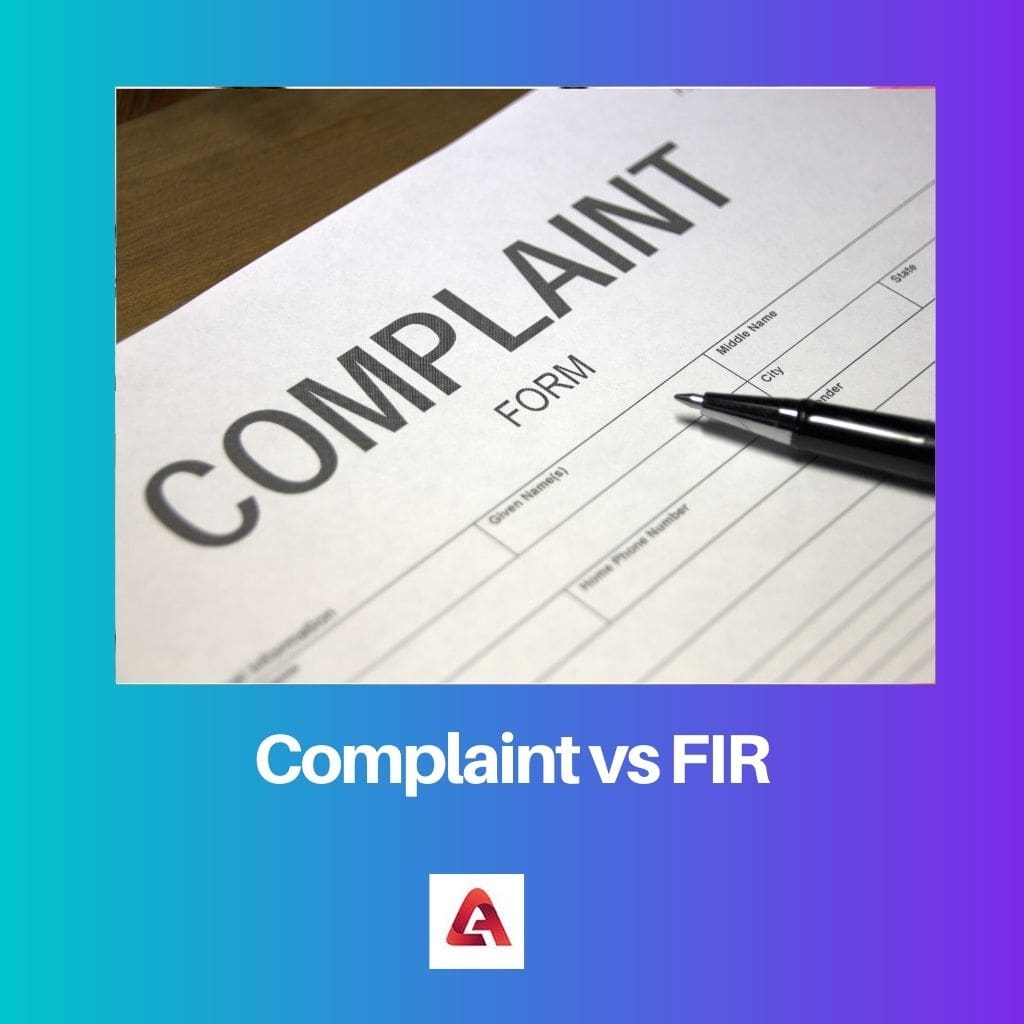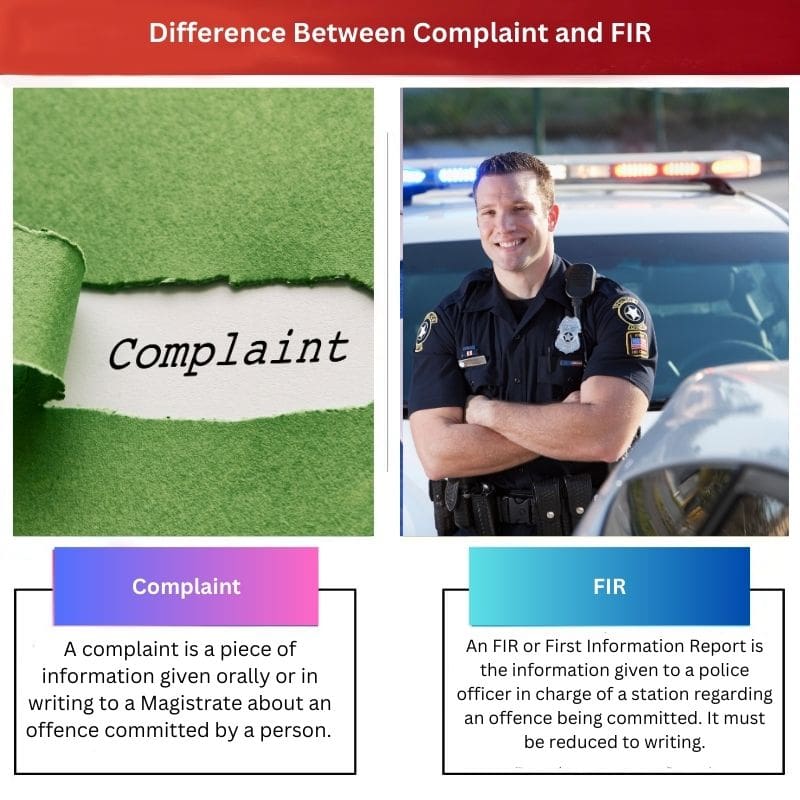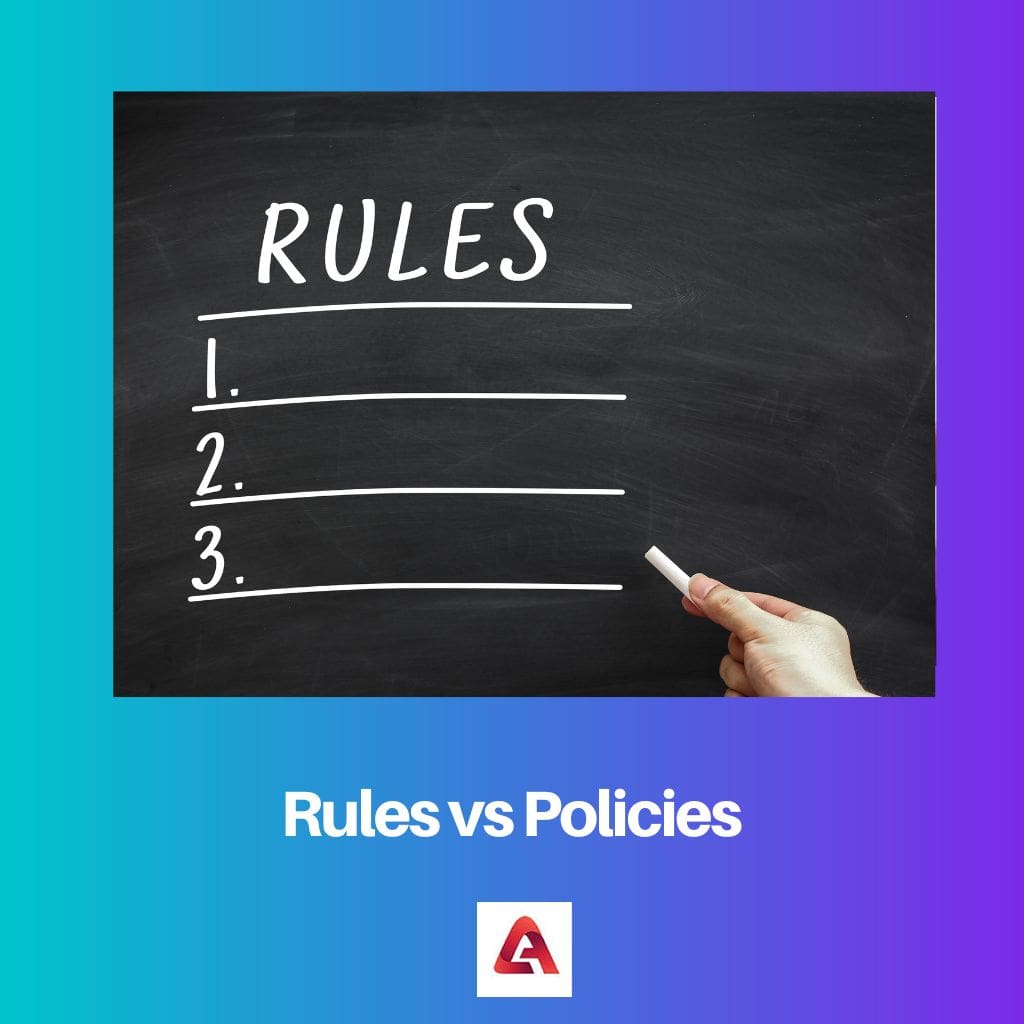A complaint is an allegation made to the police about a non-cognizable offense, requiring further investigation. An FIR (First Information Report) is a formal document filed by the police upon receiving information about a cognizable offense, initiating the investigation process with legal implications.
Key Takeaways
- A complaint is a statement of grievance or dissatisfaction made to an authority, such as the police or a court.
- FIR (First Information Report) is a written document prepared by the police based on information received about committing a cognizable offense.
- Anyone can make a complaint, while the police can only register FIR.
Complaint vs FIR
A complaint is a formal allegation made by an individual or group of individuals to a legal authority, while an FIR is a written document prepared by the police when they receive information about the commission of a cognizable offense. An FIR is a type of complaint filed by the police.

Besides this major point of difference, a complaint is to be made to the magistrate and it can be given orally or in writing.
An FIR has to be filed with the officer in charge of a police station, and if it is given orally, it must be written down and read out to the informant.
Comparison Table
| Feature | Complaint | FIR |
|---|---|---|
| Definition | An allegation made by a person regarding a possible crime | A formal document prepared by the police based on information about a cognizable offence |
| Filed with | Magistrate | Police officer in charge of a police station |
| Purpose | To report a perceived offence | To initiate an investigation into a cognizable offence |
| Legal significance | Not legally binding | Legally binding document, first step in the criminal justice process |
| Information reported | Any offence, cognizable or non-cognizable | Only cognizable offences (offences for which police can arrest without warrant) |
| Investigation | Police may investigate at their discretion or upon order of the magistrate | Police are mandated to investigate |
| Format | Oral or written | Written |
What is a Complaint?
A complaint is a formal statement made by an individual or entity to law enforcement authorities, detailing an alleged offense or wrongdoing. It serves as the initial step in bringing attention to a potential legal issue or violation of law.
Purpose of a Complaint
The primary purpose of filing a complaint is to prompt an investigation into the alleged offense by law enforcement agencies. It provides authorities with essential information regarding the nature of the incident, including details such as time, location, and parties involved. Additionally, a complaint helps establish a formal record of the reported incident, which can be crucial for legal proceedings.
Procedure for Filing a Complaint
To file a complaint, individuals approach the relevant law enforcement agency or jurisdiction where the offense occurred. They are required to provide a detailed account of the incident, including any evidence or supporting documentation. The complaint is then recorded by the authorities, who may initiate further investigation based on the information provided.

What is FIR?
The First Information Report (FIR) is a crucial document in criminal proceedings that serves as the initial recorded account of a cognizable offense reported to the police. It marks the commencement of the formal investigation process into the alleged crime.
Purpose of an FIR
The primary purpose of an FIR is to provide law enforcement authorities with essential details regarding the commission of a crime. It includes information such as the date, time, and location of the offense, as well as descriptions of the events and individuals involved. By documenting this information promptly, an FIR helps ensure an accurate record of the incident and facilitates the subsequent investigation.
Procedure for Filing an FIR
To file an FIR, the victim or a witness of the crime approaches the nearest police station or law enforcement agency. They provide a detailed account of the incident to the officer in charge, who then records the information in the FIR document. It is essential to provide accurate and comprehensive details to assist in the investigation process. Once the FIR is registered, the police initiate an investigation into the matter, which may involve gathering evidence, interviewing witnesses, and apprehending suspects.

Main Differences Between Complaint and FIR
- Nature of Offense:
- Complaint: Typically involves non-cognizable offenses where the police cannot take action without a court order or warrant.
- FIR: Pertains to cognizable offenses where the police can take immediate action without a warrant and initiate investigation proceedings.
- Initiation:
- Complaint: Initiated by the aggrieved party or a concerned individual reporting an offense to the police.
- FIR: Initiated by the police upon receiving information about a cognizable offense, from the victim, a witness, or any other reliable source.
- Legal Implications:
- Complaint: May lead to further investigation by the police if the offense is deemed serious, but it doesn’t carry the same legal weight as an FIR.
- FIR: Marks the formal beginning of the criminal justice process, with legal ramifications such as arrest, investigation, and potential prosecution.






